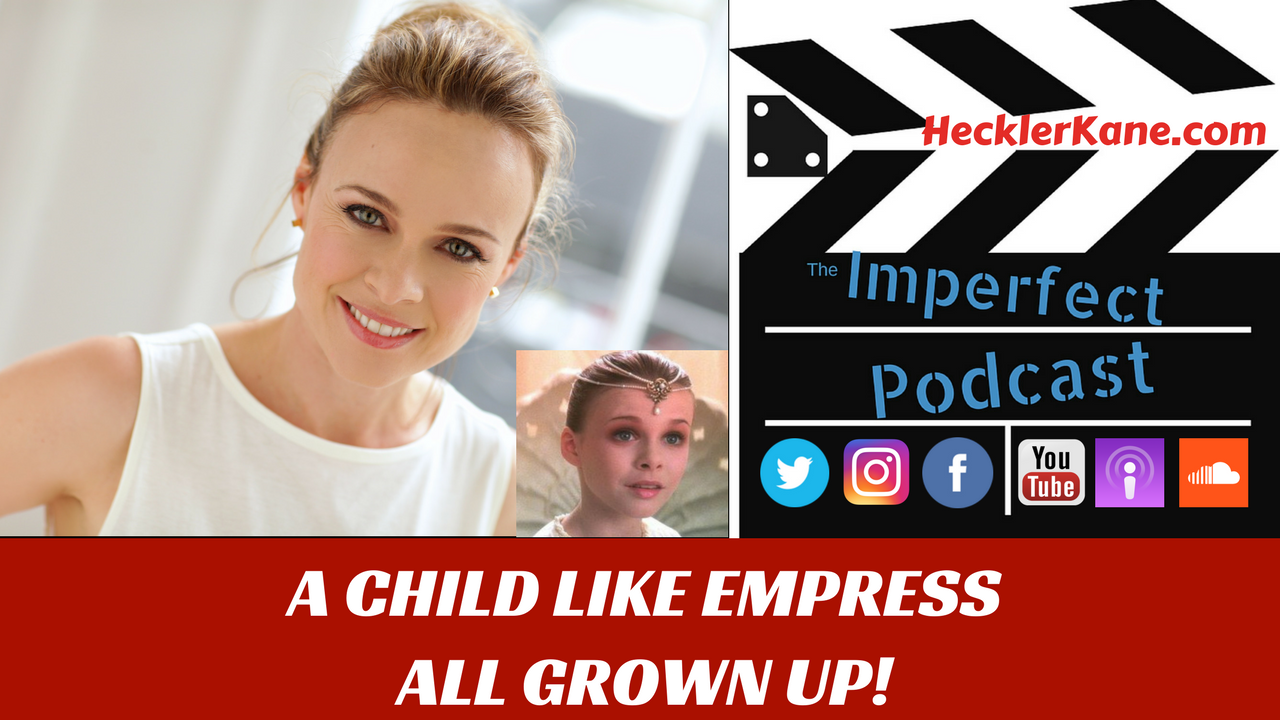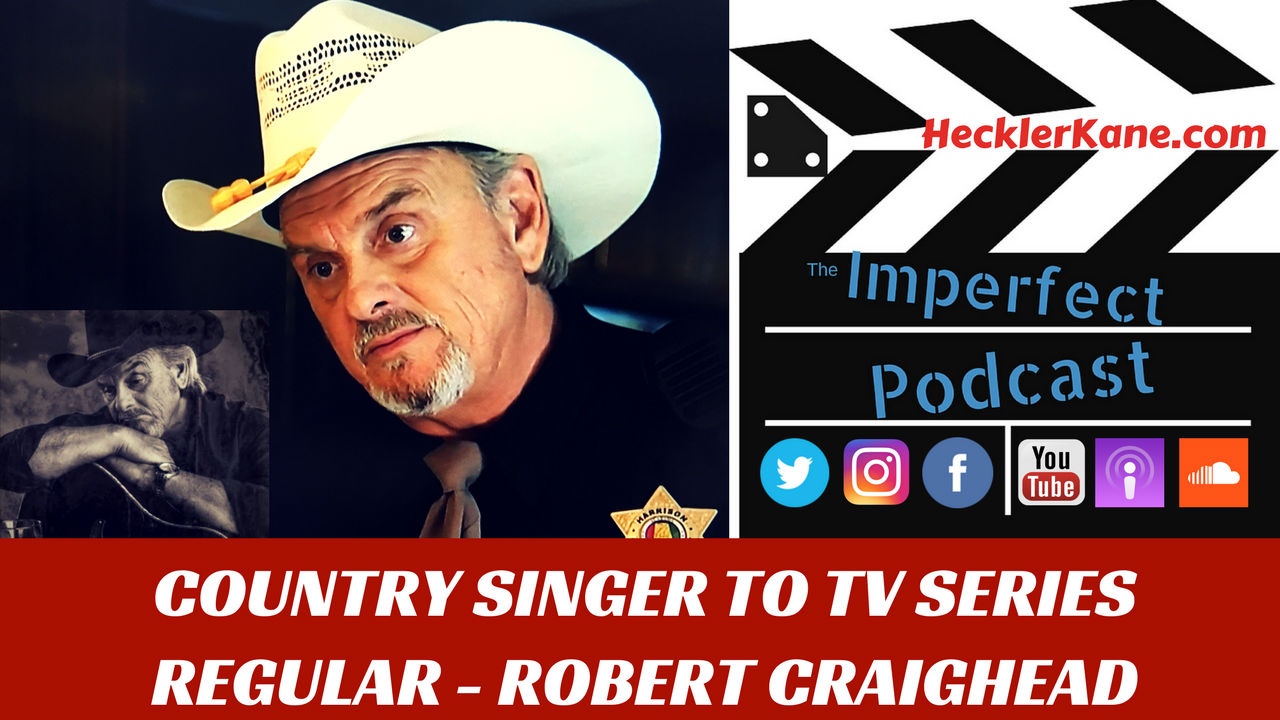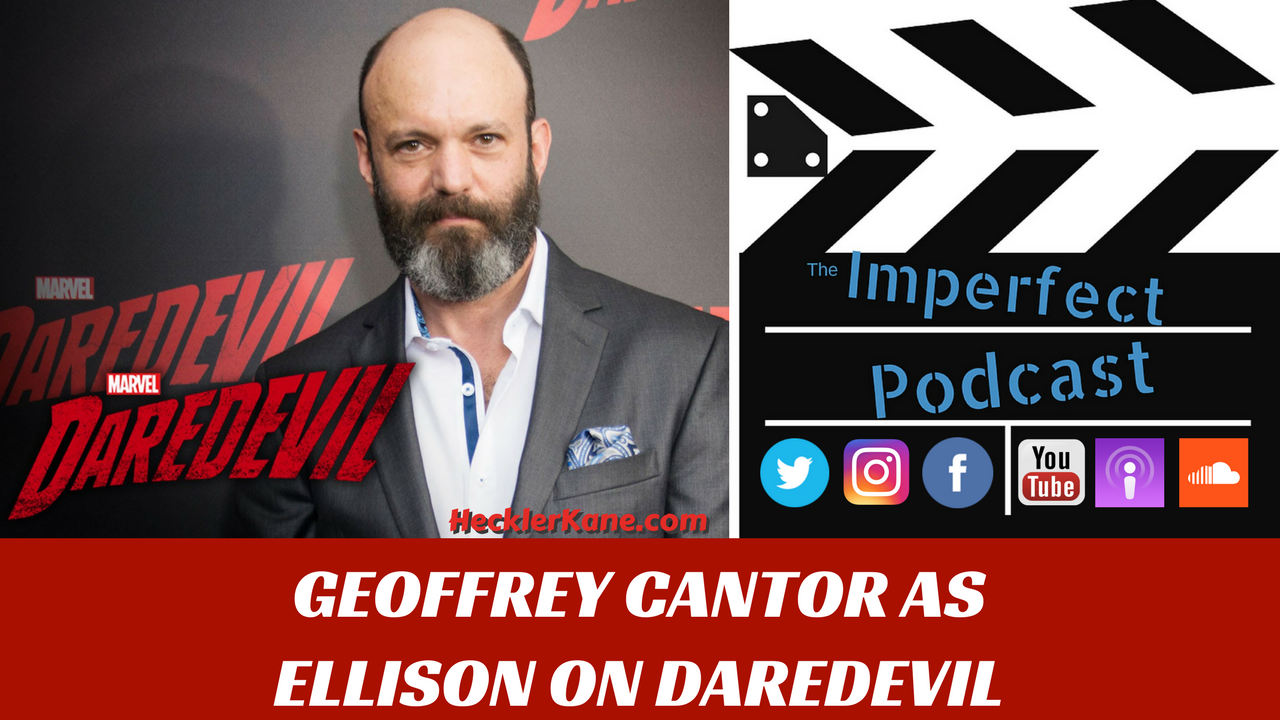Geoffrey Cantor is best know for his role as Daredevil’s Mitchell Ellison on Netflix. As a trained actor with a background in theater as well as an acting coach himself, Geoffrey brings a unique style to his role on Daredevil. Geoffrey received his degree in theater from Amherst College and also attended the National Theater Institute Eugene O’Neill Theater Center in Conn. He continued his training at the Royal Central School of Speech and Drama, in London, England. As we found out in our interview he has a love of British Theater and can mimic a British accent quite well.

We had the pleasure of meeting Geoffrey Cantor in person at the MixKnowledgy event here in New York where he participated in the actors panel along with Christian Frazier and Tanya Wright. In this interview we dive deep on Geoffrey’s acting philosophy, how an actor with an affinity for British Theater ended up in the Marvel Universe and does his beard help him land roles.
Geoffrey’s film credits include the Coen Brothers’ Hail, Ceasar!, Men in Black 3, Pascal Farran’s Bird People, Thanks for Sharing, The Longest Week, Man on a Ledge, Fair Game, Michael Mann’s Public Enemies, When in Rome, The Notorious Betty Page, One Last Thing, the short film 411 with F. Murray Abraham, and the title role of Karl Manhair in the short Karl Manhair, Postal Inpsector. Geoffrey Cantor has been featured in over 200 television and radio commercials, including two award-winning campaigns: Let It Out (Kleenex–the Good Listener), and FAIR ENOUGH (part of the Truth campaign). He also has five audio books to his credit, including the award winning The Family, by David Laskin.
Where did you grow up?
I was born on an Air Force base in California and lived there for about 4 years. My dad is a doctor but he joined the Air Force. Then we were in Philadelphia for a year, Cherry Hill New Jersey for a while and then Bergen County from about 3rd grade on. We’ve been in the New York area since I was in 3rd grade.
Moving around definitely impacted me. I remember thinking I didn’t really need to have a house. My little family unit was my home. We were moving every two or three years. I never felt like I was the person that had that family home to go back to.
I also lived in England over a 6 year period and 4.5 years I was in London.
When did you figure out you wanted to be an actor?
I was brought up in a household where there was always music and my parents liked the arts. My mom is a painter and my dad did Community Theater. We listened to musical theater and folk music. We were sort of progressive, liberal, Jewish people growing up in a time when were weren’t at the cutting edge of that. I was in choir in grade school and did some plays but I thought I was going to be a doctor or a lawyer.
Certainly by the time I got to high school I thought I was going to be a lawyer because I was a nice Jewish boy from Bergen County, NJ. I was doing a lot of theater and when I got into college I did West Side Story. I played Action and the head of the drama department wrote me a handwritten letter about my work and described it in ways I had never really considered. That’s when I understood that what I was doing was more than just recreation.
I would say it chose me, more than I chose it. I didn’t want to be an actor. I still don’t think it’s a great way to live a life logistically but it’s an amazing art form. It chose me in college, it grabbed me by the balls in college and it hasn’t let go.
What actors have inspired you through your career?
My favorite actors tend to have come out of British theater. Anthony Hopkins is one of my favorite actors. Ian McKellen as well. As I’ve gotten older I’ve met some of these actors who I remember seeing. Roger Rees, I saw Nicholas Nickleby back in the early 1980s. The royal Shakespeare company brought Nicholas Nickleby over and it was the first time the tickets were over $100. It was an 8 and a half hour play and you could see it all in one piece and I got to see it. It was a birthday present from my parents.
I remember, there was a very long interval for people to get a meal and some of the actors were strolling around and I remember seeing Roger Rees. He was just brilliant. Many years later I saw him at auditions because my English accent is pretty good and we would audition against each other for British voice overs. I remember finally getting the guts to tell him how much he meant to me and what that play meant to me. He was extremely gracious but also taken aback because here we were colleagues and yet at the time I was this kid watching him on stage.
As I’ve gotten older I’ve gotten to work with some the actors who at one point were so untouchable to me and now we’re doing a scene together. I’ve worked with Glenn Close, Rober DeNiro, Judd Hirsch and a lot of these people I’ve put on pedestals when I was younger. I actually respect them a bit more cause now they’ve looked at me in the eye and said lines with me. We’ve done scenes together.
How does an actor inspired by British theater end up in the Marvel Universe?
That’s a really good question. I had meniscus surgery and then slipped two weeks later because I didn’t rehab it. Then I ended up dislocating my shoulder and broke two bones. With a broken shoulder I remember having an audition for both Daredevil and The Blacklist within days. I was also asked by Warren Leight to do a play. So with a broken shoulder I was doing a play and was also doing two TV shows.
The overall lesson is, there is no real difference even though that’s not the question you asked.
Daredevil happened while I was about to do a play. For me there is no real difference between the core of the work. The real difference is the end experience. When you get to do a play, whether it’s a 20 minute or a 3 hour play you’re there for that entire period of time and you get to live a longer event. You have rehearsal time before hand to figure stuff out.
When you do film and television there’s much less left to the imagination for the actor and the audience. You go on to a set for Daredevil, everything is there. They’ll put a bottle in a box and you know if you open that bottle it won’t be real alcohol but it will be the right color. There’s something that takes away the burden of having to imagine so you can really focus on what’s going on in the moment. That’s true of television and film.
What you don’t get is you don’t have the time to spend with your colleagues discovering the same way you do on stage. The doorway in is exactly the same. You have words that tell you what the character is thinking, what the character is doing, what his relationship with the other characters may be and that’s exactly the same. So the process pretty similar. It’s a bit intuitive, it’s a bit analytical, its thoughtful.
When I have the opportunity to work, especially in Daredevil Season 2, Deborah Ann Woll spent a lot of time talking on the phone and even in person to dissect what’s going on. It allows for greater freedom when you’re in front of the camera and you can actually discover in the middle of it. Daredevil has been very unique in that regard. I don’t know that I could say that about other shows that I’ve done where there’s been the amount of time and energy spent by the directors and the writers with the actors. Certainly with a supporting level actor. I’m certainly not the star of the show and they spend time with me and we get to figure stuff out.
Is there a difference in the work because its not a network TV show?
I don’t know if it’s budget. I can’t talk to budget. Actors are the low end of that totem pole. No matter how much you’re getting paid less money is spent on actors than anything else. That said, I think what makes Netflix so different and I think it may be true of Amazon and Hulu, is that they are not bound by the same time restrictions that network television is bound by. You’re filming everything and then you’re editing as your filming and you’re not showing it next week. They have a longer editing window and creative process that you don’t have on network television.
With Daredevil it’s a 13 hour movie. They allow relationships to develop. They allow these moments to happen. I don’t think it’s a financial thing but they aren’t bound by the restrictions of making sure you have the beginning, the middle and the end of every episode. You look at any Law & Order, there are very few long through lines. You have the same actors so they started to do that. I’ve done 12 Law & Orders and I can tell you they have a beginning middle and end.
Daredevil has taken the long view. It’s a 13 hour movie and that’s how you can binge watch it. I think House of Cards did the same thing. I remember seeing the first season of House of Cards and I thought it was the best thing I’d ever seen. You have stories that go through the entire season, West Wing did it too but each episode has that episodic formula too. Network television is starting to pick up on how people are going to watch their shows. I watched the first season of Madame Secretary on Netflix. I would binge watch 3 or 4 episodes at a time.
I thought the 4 minute webisode was going to be the end of my career but also what it was going to be. Everyone was banking on the fact that nobody had any attention span and Netflix proved that wrong. Netflix also proved that reality television is a short lived fad. People want character driven content, story driven content and they want to be able to engage. Marvel is even more unique. Marvel has this audience that’s been waiting for this.
Did your knowledge of Daredevil help you land the role?
I actually was a fan. I was more of a Marvel fan than a DC fan. I’m not sure looking back I could explain why that was. What made Daredevil cool was that he was Batman like except wasn’t quite as rich. He had his own challenges. I think that’s one of the things that makes Daredevil even among other Marvel shows so unique. You’re looking at a guy who has enhanced normal physical ability. You don’t need much suspension of belief. You don’t have to go where someone is from another planet. That’s what drew me in even back then.
I didn’t go nuts doing a ton of research but I did a little bit. I wasn’t going to play my character like other Marvel or DC Daily Planet or Daily Bugle editors. It wasn’t written that way. My knowledge of Daredevil was enough. I didn’t go back and watch Spiderman or Batman because that wasn’t the tone they were setting. Knowing about it intrigued me. Knowing the importance of Urich intrigued me. What they’ve done for me is made me more Urich like than editor like and I appreciate that.
It’s not all the TV show is being derived from the comic book. You’re seeing this give and take. You’re seeing this dialogue between how the comics are being written. Comics are now showing a different sensibility because people can see it on television. In a way, comics have always been the storyboards of movies.
My first introduction to the graphic novel was The Watchmen. I remember reading those individually and then getting them all combined. That for me, was when I got it. Daredevil feels like its talking that language.
What is your philosophy as an acting coach?
The approach I have in my teaching is very similar to the approach I have in my acting. I’m a product of training. What I focus on as an actor, therefore what I focus on when I’m coaching, teaching or directing is really what the text is. What is the playwright or the screenwriter, what’s the story they are telling? Basically all dialogue is a revealing of thought. That’s you’re only clue, what are you thinking, what are you doing. I don’t care what the medium is really. I don’t differentiate in terms of my approach and that’s what I tell my actors.
A director will tell you to “stand here” or “I need this bigger or smaller” but your job as an actor is to define the truth of the text. Writers who have much more experience than I do tend to hear conversations and are observers of life and are sharing that observation. But screenwriters don’t go deep with each character to define the motivation for the behavior that they are describing on the page. That’s your job as an actor. That’s what makes it a collaborative art form.
Your job as an actor is to dive down deep into what that person is doing, what’s motivating that person and what justifies the behavior and the thought process. Not to judge them, at all but to justify that behavior. That’s what I’ve spent 99% of my time doing with my actors. We look at text, scene or monologue and try to figure out what are you doing and what’s the motivation.
Whatever my approach is you can apply to every medium because three directors will tell you three different things in the room. Your job isn’t to please everybody or make people like you, it’s to figure out what’s going on.
How secretive are the Marvel scripts?
I’m not allowed to talk about any script information that I have ahead of time obviously or they will break my knees. My first season I was getting sides very later. I’m the newspaper editor and I found myself not knowing what I was supposed to know. I didn’t even know what was going on in Ellison’s world. What did Ellison know? What’s blown up recently? They heard that and I would get calls from the showrunners and I only need to know what I need to know.
I don’t need to what’s going on in the prison or things in a place that Ellison wouldn’t know. In fact, that’s useless data for me. It’s curious and interesting but it doesn’t help me as an actor. What helps me as an actor is what does Ellison know? If you saw Daredevil Season 1, what Urich thought Ellison was doing and what he really was doing were two very different things. I needed to know what I had done and what I knew and I had to ask for that. That wasn’t an automatic gimme.
Is your beard helping you get work as an actor?
I don’t know if helps me get roles or not. It certainly helps define the roles that I get to some extent. If you walk into a room with a beard you’re going to get different roles than without it. I auditioned for Hail Caesar with the beard and we ended shaving it because it wasn’t right for the time period. The Coen brothers could luckily see through the mass that I have on my face. The job defines my facial hair more than the other way around.
Because I hurt myself I auditioned for The Blacklist and Daredevil with the beard. I just couldn’t shave. I grow a beard quickly, within 2 weeks it looks like I have a beard. By the time it came to shooting, they said to keep the beard. Now if I’m shooting with the beard I’m also auditioning with the beard. Work has dictated my facial hair more than the other way around.
So now I can’t shave it until Marvel tells me I can shave it. If my role in Daredevil continues and we are hopeful it will. I guess it’s, likely because nothing bad happened to me in Season 2. I know they like it and I will honor that. I don’t know that I’m legally bound. But do I want the job? Yeah! It’s more of a gentleman’s agreement.
Any possibility Ellison’s character will show up in other parts of the Marvel Universe?
I don’t know and if I did know I wouldn’t be at liberty to say. There have always been hints, even in Season 1 that Ellison could show up in somebody else’s show. As the only newspaper editor in all of the Marvel Universe on Netflix I’m hopeful and it’s always possible.
I do know that after Season 1 there was some debate as to what Karen was going to do. Was she going to go into the law practice or was she going to work for Ellison. I’m grateful and happy that they decided that the window of the newspaper into the world of Daredevil is something that is better for the audience. Hopefully that can be translated into some of the other shows.
Certainly from a career standpoint it would be great but I also think it’s a very good convention to have a newspaper access, especially now. What an interesting thing to take what we are seeing with our own government and press translated into the Marvel Universe. Lies in the press and who’s telling the truth especially when the truth is already a bit funky in Marvel. That might be an interesting thing for them to address.
If you could play any superhero in Marvel or DC who would it be?
The Editor of course! I could see it now, people coming to Comic Con in their suits and ties and beards. At one point I liked The Flash but I feel a little old to play a super hero now. Who was The Watchmen with the ink blots? Warshak? As an actor that’s who I’d want to play. If someone were to cast me I think it would be the little overweight owl with all the contraptions. I liked Warshak though, he was a very troubled individual.
What advice do you have actors trying to break in the industry?
If there is something else you would rather do, I would advise you to do that. The good news is there’s more work than ever before. It pays less, but there’s more work and its better than before. That said, there’s also more people doing this than ever before. More people with less training are doing this than ever before. I still think you have to get trained. I think you need a liberal arts education cause you need to have knowledge about a lot of topics. Then go to drama school or get training afterwards.
You need to take the tools you have intuitively and get the skill to apply them to those intuitive, artistic, sensibilities that you have so that you have a lasting career. You have to realize you are a student all the time. Lastly you can’t do this please other people or become famous. You might become famous and you might please people but your job is to do neither. You have to be driven to be a discoverer, to love that process beyond anything else. Then you’ll find that even auditions and rehearsals are fun and that the art itself is what drives. If that’s not what interests you then please do something else.


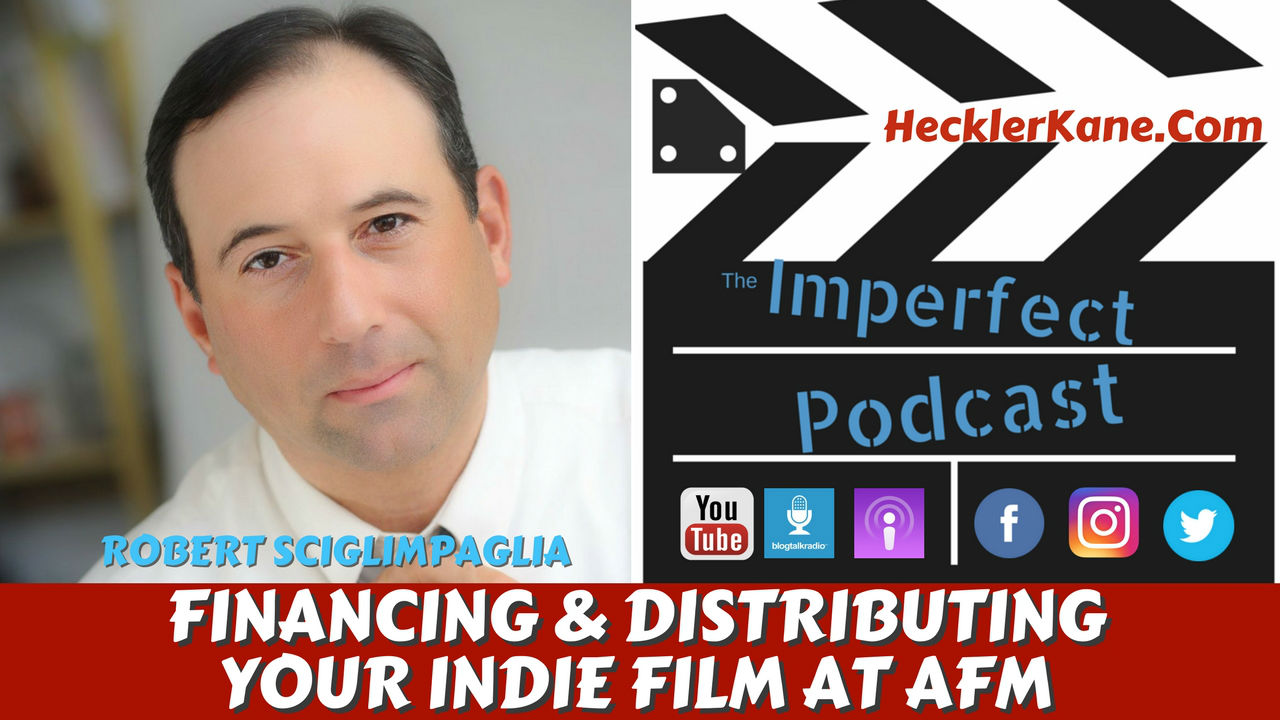








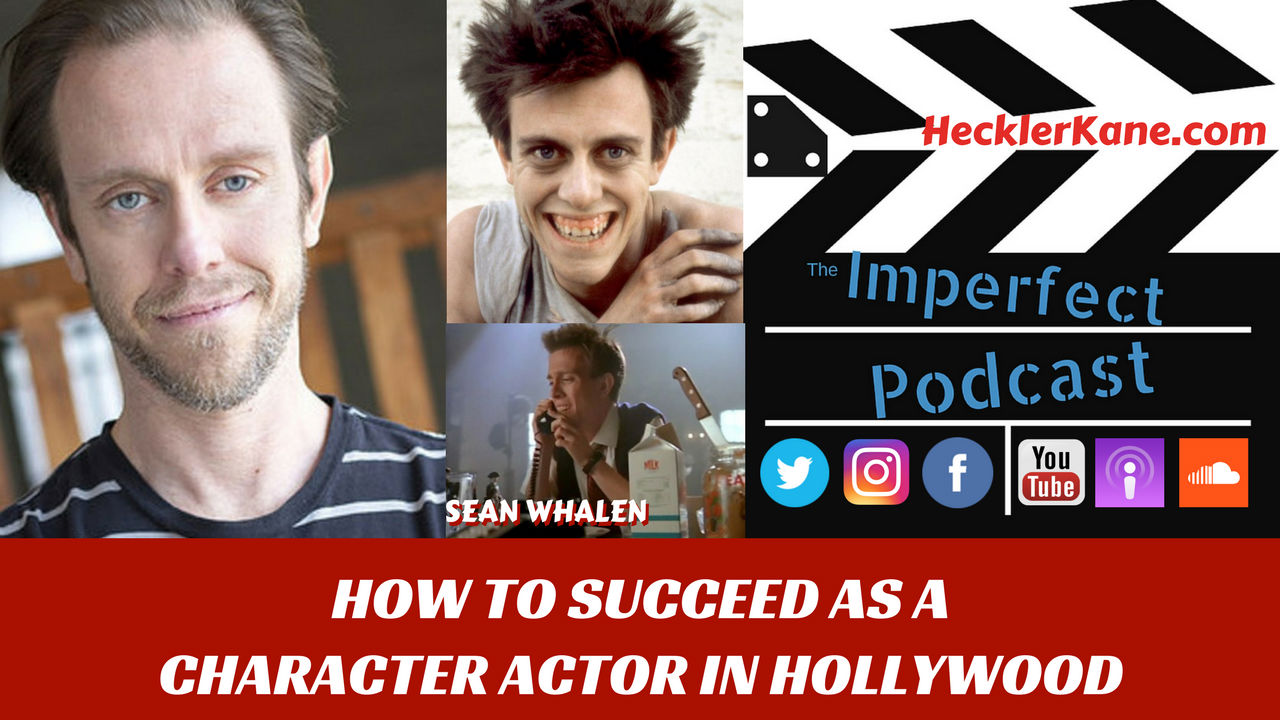



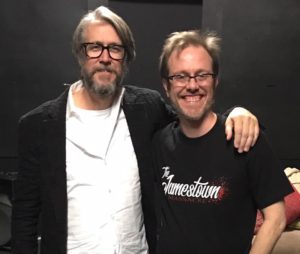 I had Alan Ruck (Cameron from Ferris Buller’s Day Off) in my acting class recently. He told me he had done Ferris Bueller and moved to LA and it wasn’t really going that well and was working in a factory. It goes to show you the ups and downs out here. I can’t imagine being in such a huge movie and then lugging boxes in a factory.
I had Alan Ruck (Cameron from Ferris Buller’s Day Off) in my acting class recently. He told me he had done Ferris Bueller and moved to LA and it wasn’t really going that well and was working in a factory. It goes to show you the ups and downs out here. I can’t imagine being in such a huge movie and then lugging boxes in a factory.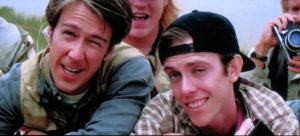 After that I got cast in
After that I got cast in 